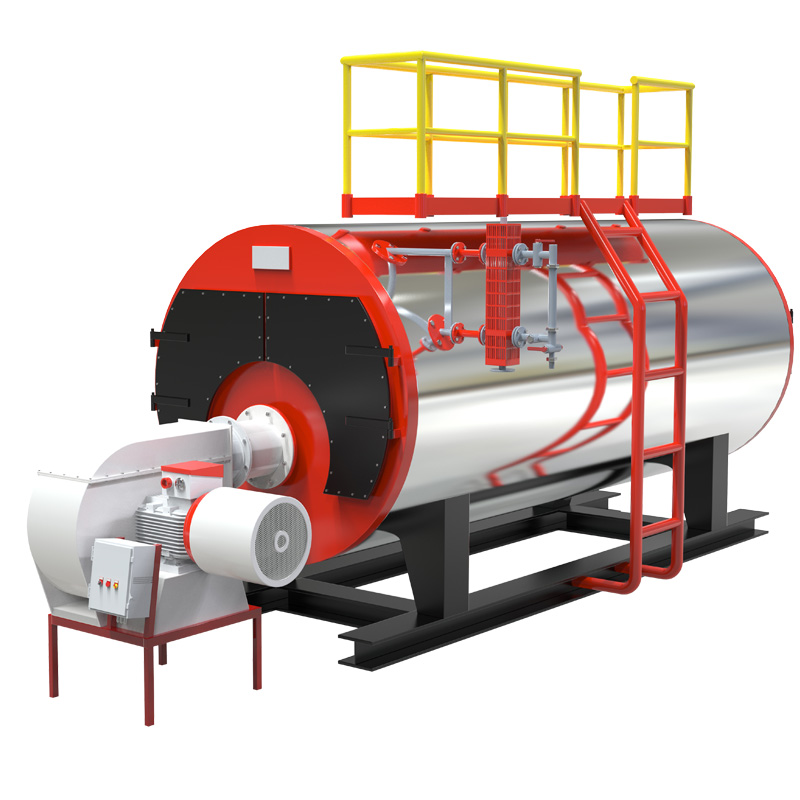
ធ្នូ . 05, 2024 21:12 Back to list
Different Types of Steam Boilers and Their Applications in Industry
Steam Boiler Types An Overview
Steam boilers are integral components in various industrial processes, as well as in heating systems for buildings. They generate steam by applying heat energy to water, which then powers engines, turbines, and heating systems. The variety of steam boiler types available caters to different applications and operational needs. Understanding these types is essential for selecting the most appropriate boiler for a specific requirement.
Fire-tube boilers are among the most common types found in industrial applications. In a fire-tube boiler, hot gases produced by combustion pass through tubes that are surrounded by water. The heat from the gases transfers to the water, generating steam. This design makes fire-tube boilers efficient and relatively simple to operate. They usually have lower pressure limits and are best suited for low to medium-pressure applications.
The main advantage of fire-tube boilers is their robustness and ease of maintenance. They tend to be less expensive to construct and operate than other types. However, their capacity is generally limited compared to water-tube boilers, which makes them less suitable for large industrial operations requiring high steam output.
2. Water-Tube Boilers
In contrast to fire-tube boilers, water-tube boilers have water-filled tubes that are heated externally by the combustion gases. This design allows for higher pressure and steam generation capacities, making them ideal for large-scale operations. Water-tube boilers are widely used in power plants and large industrial settings where high-efficiency steam generation is critical.
These boilers tend to have a quicker response to load changes and can operate at higher steam pressures. The major downside, however, is their complexity, which can lead to higher construction and maintenance costs. Moreover, their design requires a more skilled workforce for operation and maintenance.
steam boiler types

3. Electric Boilers
Electric boilers, as the name suggests, use electric heating elements to generate steam. They are typically smaller and more compact than their gas or oil-fired counterparts. One of the main advantages of electric boilers is their clean operation, producing no pollution at the point of use. They are often utilized in situations where emissions are a concern, or where natural gas or fuel oil sources are unavailable.
Electric boilers are easier to install and can be integrated into existing systems without the need for extensive modifications. However, their operational cost can be higher, especially in regions where electricity prices are high. They also may not be suitable for applications that require high steam capacities due to their limited output.
4. Fuel-Fired Boilers
Fuel-fired boilers can be powered by various fuel sources, including natural gas, oil, biomass, and coal. Depending on the fuel used, these boilers can be further divided into sub-types. For instance, gas-fired boilers are renowned for their efficiency and lower emissions compared to oil or coal-fired boilers. Biomass boilers are gaining popularity due to their renewable nature and lower environmental impact.
While fuel-fired boilers can generate high steam output and are widely used in large industries, they also come with considerations regarding fuel availability, emissions management, and overall environmental impact. Regulatory compliance for emissions can also affect operational costs and require investment in pollution control technologies.
5. Conclusion
Choosing the right type of steam boiler is crucial for the efficiency and cost-effectiveness of industrial processes or heating applications. Fire-tube and water-tube boilers cater to different needs based on their design and operational capabilities. Electric boilers offer a cleaner yet potentially costlier option, while fuel-fired boilers provide flexibility with various fuel sources. Ultimately, understanding the nuances of each boiler type can help businesses and facilities make informed decisions to meet their heating and steam generation requirements effectively.
-
Best Steam Boiler Design PDF Free Design Calculation & Diagram Downloads
NewsJun.10,2025
-
Hot Boiler Water Heater Efficient Heating Solutions for Home & Commercial Use
NewsJun.10,2025
-
Steam Boiler Safety Devices High-Quality Protection Valves
NewsJun.10,2025
-
Ultimate Steam Boiler Checklist for Safety & Efficiency
NewsJun.10,2025
-
Optimal Hot Water Boiler Temperature Setting Guide
NewsJun.10,2025
-
Effective Hot Water Boiler Chemical Treatment Protect & Maintain
NewsJun.09,2025
Related PRODUCTS






















